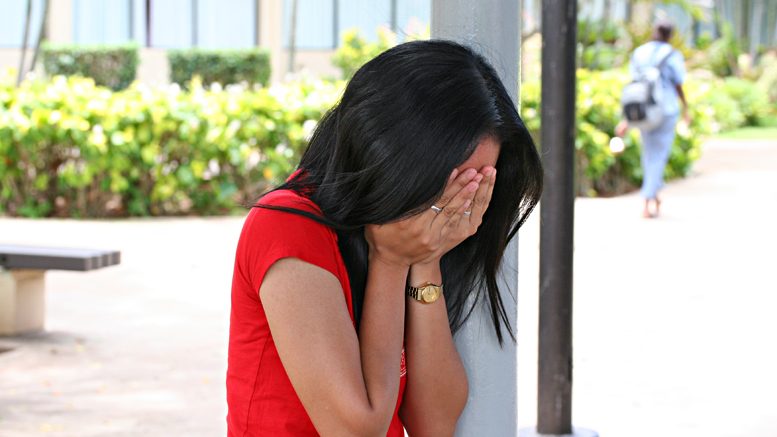BOSTON—AIDS Action Committee announces today that Youth on Fire, its program for adolescents and young adults who are homeless or street-involved, will close on November 1, 2017 when its funding from the Department of Public Health’s Office of HIV/AIDS runs out.
Youth on Fire receives 64 percent of its funding from the state’s Office of HIV/AIDS. The Office of HIV/AIDS recently informed AIDS Action that it would not continue to fund Youth on Fire. That loss, combined with other state funding cuts earlier in the year, leaves the program short $300,000 annually. While AIDS Action has explored other funding options for Youth on Fire, it has concluded that it cannot maintain the program without funding from the state.
“If another state agency or private funder made a commitment to the program, AIDS Action would continue to operate Youth on Fire. We are also willing to partner with another entity or transition Youth on Fire to another agency altogether,” said Carl Sciortino, Executive Director of AIDS Action Committee. “Without such a commitment, however, these state budget cuts give us no choice but to close Youth on Fire on November 1.”
Three years ago, Youth on Fire faced a similar funding crisis. At that time, community members, elected officials, and other agencies made clear in public meetings that the services provided by Youth on Fire were too valuable to let the program close. As a result, the Office of HIV/AIDS committed to additional financial support to cover the cost of operations.
“We understand why the Office of HIV/AIDS wants to deploy its scarce resources elsewhere in the fight to end transmission of HIV in Massachusetts,” Sciortino added. “What we don’t understand is how state agencies can’t find $300,000 in a $42 billion budget to help homeless kids stay out of harm’s way. By the time a 17-year-old walks through the doors of Youth on Fire, that teenager been let down by every adult in their life. We are their stop of last resort, and it would be unconscionable to take those services away.”
Youth on Fire provides a safe and welcoming daytime drop-in shelter for street-involved and homeless youth. Clients can get meals; take a shower; wash their laundry; store their belongings in a secure locker; and stock up on supplies such as condoms; tampons and pads; socks; and seasonally-appropriate clothing. They can also nap safely during the day without fear that they will be harmed or that their belongings will be stolen. Through a partnership with Y2Y Harvard Square, a shelter for youth who are homeless, clients can also get overnight shelter on an extremely limited basis. Youth on Fire also offers free testing for HIV and other sexually-transmitted diseases, and case managers assist clients with finding housing, obtaining mental health services, and connecting with health care providers. The program has operated in the city of Cambridge for 16 years and the services it provides to youth who are homeless are not readily available elsewhere. By making its program as safe and welcoming as possible for the most vulnerable of youth who are homeless, Youth on Fire has a disproportionately high percentage of clients who identify as LGBTQ, as well as clients who are Black, Latino, and Asian.
“There aren’t any other programs like ours operating in the Greater Boston area. Our emphasis on remaining as low-threshold as we can is what makes it possible for us to provide the services that we do to the people who need it most,” said Mandy Lussier, director of Youth on Fire. “As a program, meeting people where they are in their lives is essential to our mission and the way we build relationships with our members. It’s what keeps young folks coming back through our doors. We want to identify their goals and work toward them, and we often find that their goals are to reduce their own risk from the harm that can come from living on the streets. Providing this safer space means that people can begin to stabilize their lives on their own terms.”
About AIDS Action Committee
AIDS Action Committee of Massachusetts is the state’s leading provider of prevention and wellness services for people living with and at risk of HIV/AIDS. AIDS Action works to stop the epidemic by eliminating new infections; maximizing healthier outcomes of those infected and at risk; and tackling the root causes of HIV/AIDS. Founded in 1983, AIDS Action is New England’s oldest and largest AIDS service organization, advocating for the needs of people living with HIV/AIDS by educating the public and health professionals about HIV prevention and care; and promoting fair and effective HIV/AIDS policy at the city, state, and federal levels. In 2013, AIDS Action Committee of Massachusetts entered into a strategic partnership with Fenway Health, allowing both organizations to improve delivery of care and services across the state and beyond.
[From a News Release]







